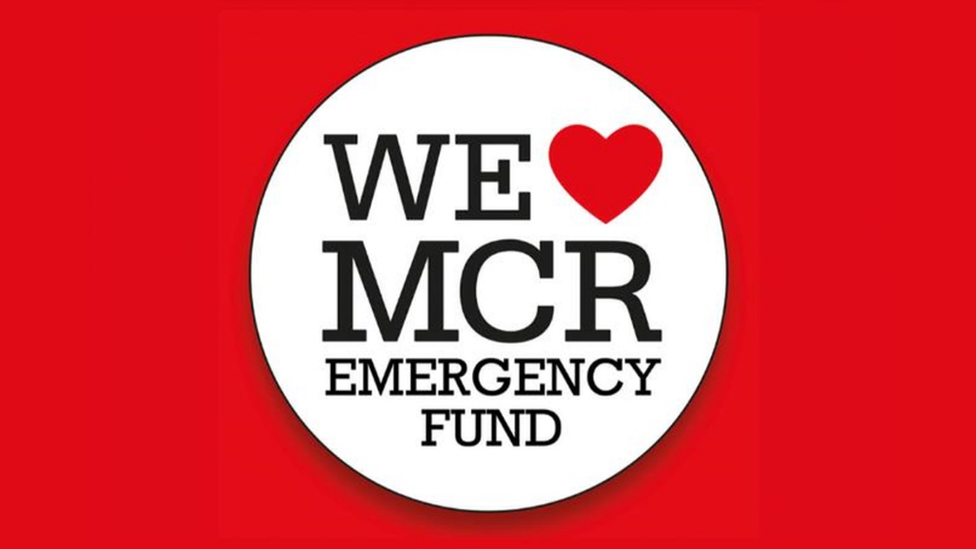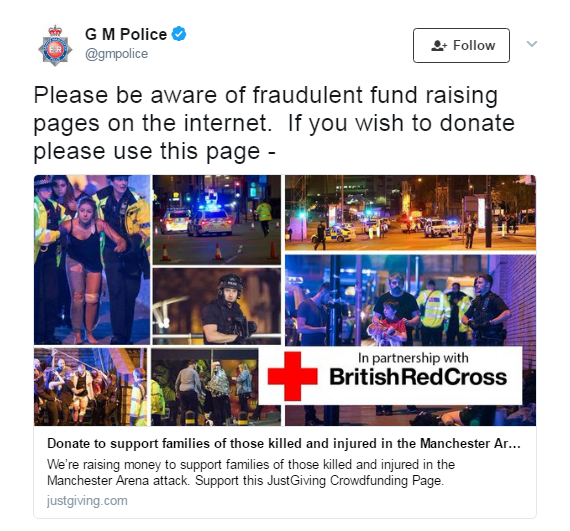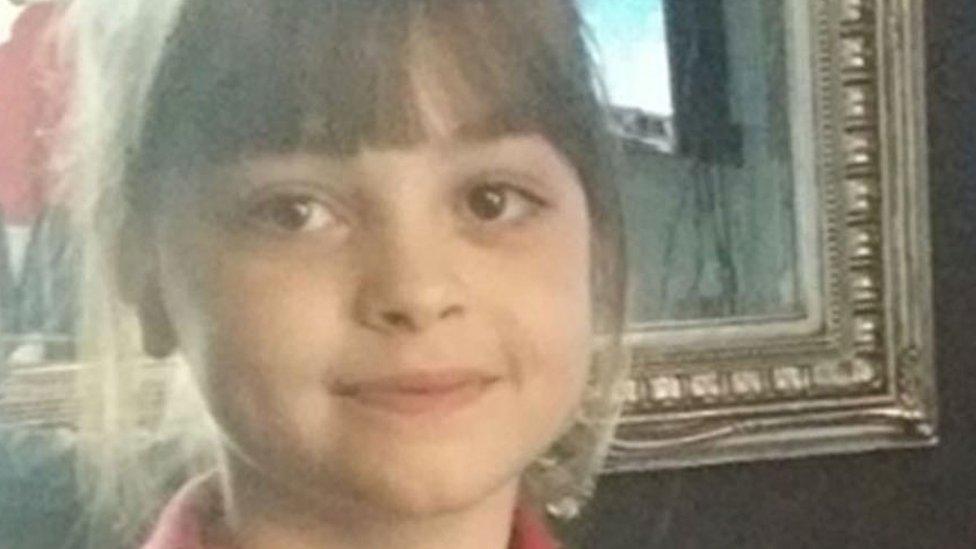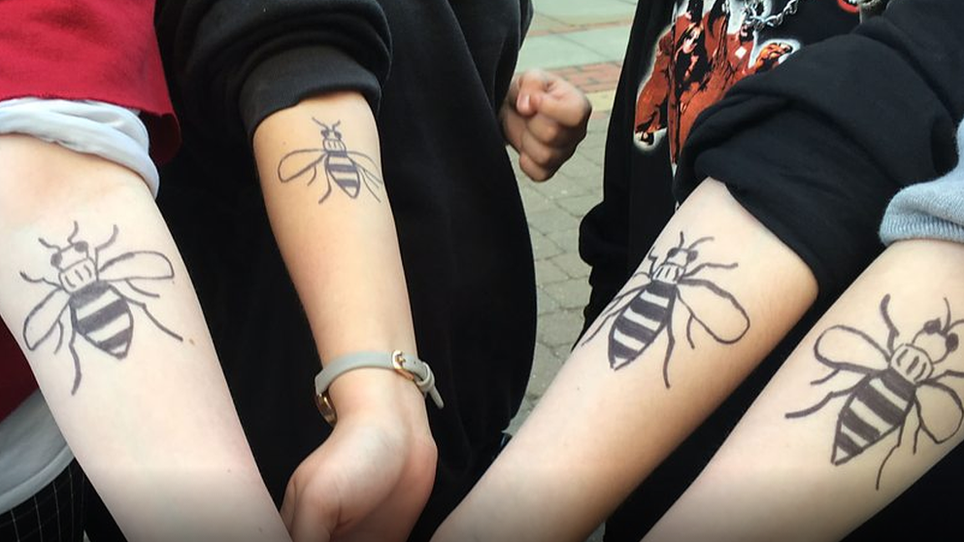Manchester attack: Ensuring donations get to victims
- Published

Any suspicious activity should be flagged up to crowdfunding pages as soon as possible
As money pours in to help the victims of the Manchester Arena attack, how do you know your online donations will go to the right place?
The We Love Manchester Emergency Fund raised £2m in just 24 hours and has now topped £4m. But what checks do crowdfunding organisations make to ensure so-called fake fundraisers are not duping well wishers?
Just Giving, one of the online pages people can use to donate to the fund, was criticised over an appeal for victims of the Westminster terror attack which was thought to be fraudulent.
However, it said it now takes "pre-emptory action" and places all pages set up after an event like the Manchester tragedy into a "quarantine".
"This means that we prevent any money being removed from the accounts until we have spoken with the page owner, worked out if they have a plan to distribute the funds and if not, then we intervene and do it for them," a spokesperson said.
"Therefore, it's unlikely there would be a possibility of any money going to the wrong place."
GoFundme, another online donation page, said it also vetted "every single campaign" to check they were safe for donors to give to.

"We do this by contacting organisers, making sure they are who they say they are and that they have a clear way of getting the money to the intended recipient.
"If they're not clear on that, we'll help them make that connection, but they won't be able to withdraw any donations," its spokesman John Coventry said.
Has there been any fraudulent activity suspected?
Earlier this month, the Fundraising Regulator told BBC News more needed to be done to protect people from fraudulent crowdfunding pages after concerns were raised that a JustGiving page for one of the Westminster terror attack victims could be fraudulent.
Just Giving said it had received about 30 queries relating to crowdfunding pages on the Manchester attack.
GoFundMe said it had spotted "a handful" of fake pages.
"If we spot any suspicious activity we immediately suspend the campaign and contact the campaign organiser. This has happened just a handful of times this week, and were all caught before they had raised any money," Mr Coventry said.

The death of Georgina Callander, (L) pictured with Ariana Grande in 2015, generated a huge response on GoFundMe
Greater Manchester Police has issued a warning for people to be aware of fraudulent fund raising pages.
The money raised by We Love Manchester Emergency Fund will be used to help the victims of the attack, their families and dependants.
The page said that in the unlikely event that more money was raised than could be "reasonably and efficiently spent", the surplus would be used in the aftermath of similar events in the UK that charity trustees agreed upon.
Pages should always state what any money raised will be used for.
What do you do if you think you have spotted something suspicious?
The sites ask users to immediately flag up anything they feel is suspicious so it can be investigated.

A page for Saffie Roussos is one of about 200 pages on GoFundMe
Just Giving said it was currently working through more than 200 pages set up since the attacks and was speaking to the page owners.
GoFundMe is also hosting about 200 pages. It said its biggest campaigns included one for homeless man Chris Parker who comforted an injured girl and a woman who died in his arms, student Georgina Callander and eight-year-old Saffie Roussos.

Be vigilant - tips to avoid donating to a fake page:
Ideally there will be a connection to the beneficiary
If not, there should be a clear way of ensuring the funds will reach the beneficiary
Are friends, family the media or other trusted sources sharing the campaign online?
Is the fundraiser on a trusted website with good customer support?
People with any concerns abut campaigns they see should flag them to the crowdfunding platform
Source: GoFundMe

- Published24 May 2017

- Published3 November 2022

- Published3 April 2017
